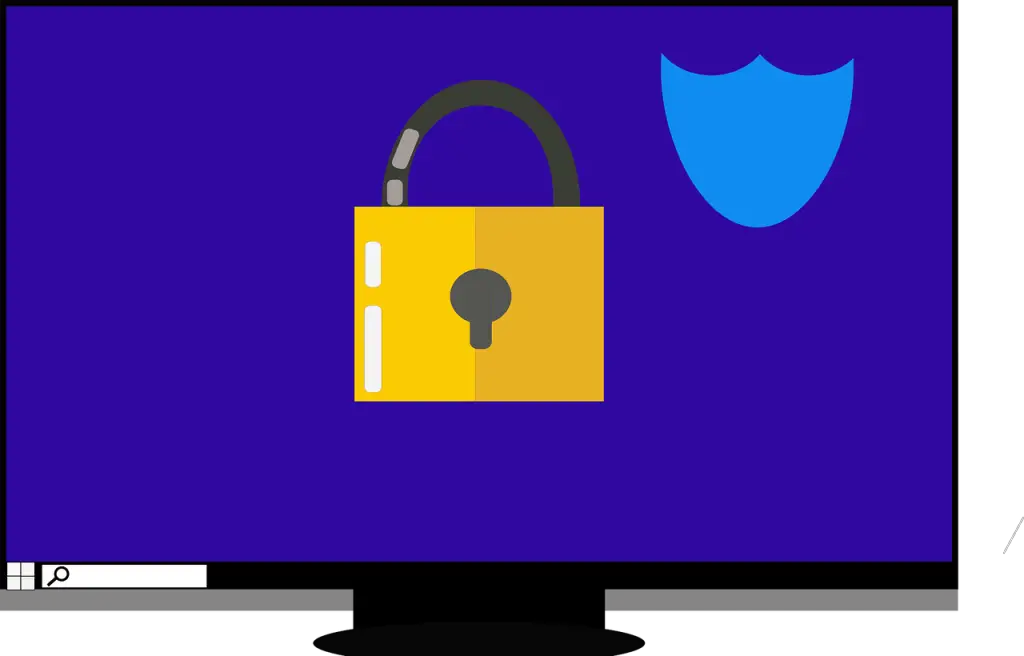
Secure messaging platforms such as Signal, WhatsApp, and Telegram are often perceived as reliable means of safeguarding private conversations—especially when equipped with end-to-end encryption. However, the U.S. National Security Agency (NSA) warns that the greatest threat lies not within the applications themselves, but in the behavior of their users.
This caution follows a recent incident in which attackers gained access to encrypted chats by exploiting standard features inherent to the messaging platforms. The vulnerability did not stem from flaws in the software, but from user actions—individuals inadvertently granted access, often without realizing it. The concern extends beyond Signal and includes WhatsApp and Telegram as well.
Particular focus was placed on two functionalities: “linked devices” and “group invite links.” The former allows message synchronization across multiple devices, while the latter facilitates the addition of members to group chats. If a malicious actor obtains such a link or successfully links a device, they can view the full content of the chat. In Signal, group links can be disabled within group settings. WhatsApp lacks this option, so it’s best to avoid invite links for sensitive groups and restrict the addition of members to administrators only. “Linked devices,” in particular, pose a critical risk. Users are urged to review the list of connected devices in their messaging apps immediately and remove any unfamiliar or suspicious entries—better to err on the side of caution.
In one documented case, even a group invitation link was enough to connect a new device. This is not a bug, but a function of how the feature is designed. Nevertheless, any connected device is clearly displayed in the settings, making regular audits a crucial security measure.
The NSA also emphasizes the importance of basic, yet highly effective precautions: set a PIN to access the app, enable screen locks, limit who can see your status and contact information, and—when possible—separate work and personal contacts, however inconvenient that may be.
Despite these caveats, Signal remains at the forefront as one of the most trusted messaging platforms, offering robust encryption. It continues to be recommended by official U.S. cybersecurity agencies. WhatsApp, the most widely used messenger globally, has recently introduced the option to set it as the default app for messaging and calls on iPhones. This update is already rolling out, and users can configure it in the “Default Apps” settings.
Still, all of this underscores one unshakable truth—if your device is compromised, no messenger can guarantee your privacy. Smartphones are consumer-grade electronics and inherently vulnerable, especially in an era where entire industries specialize in covertly breaching devices for those willing to pay.
Thus, in addition to configuring apps securely, users must keep their operating systems updated, avoid installing dubious applications, and refrain from clicking suspicious links or opening unexpected attachments. True digital security demands vigilance, caution—and a healthy dose of paranoia.


